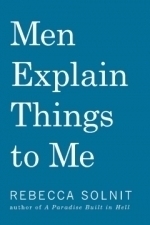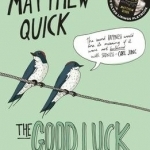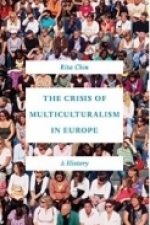
The Crisis of Multiculturalism in Europe: A History
Book
A history of modern European cultural pluralism, its current crisis, and its uncertain future In...
Politics social issues
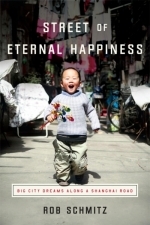
Street of Eternal Happiness
Book
An unforgettable portrait of individuals who hope, struggle, and grow along a single street cutting...
Travel
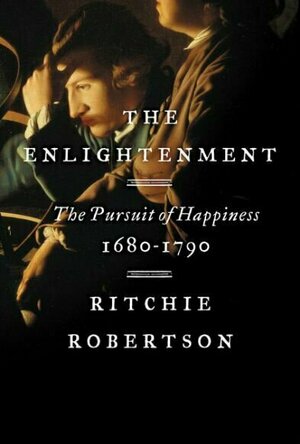
The Enlightenment: The Pursuit of Happiness, 1680-1790
Book
A magisterial history that recasts the Enlightenment as a period not solely consumed with rationale...
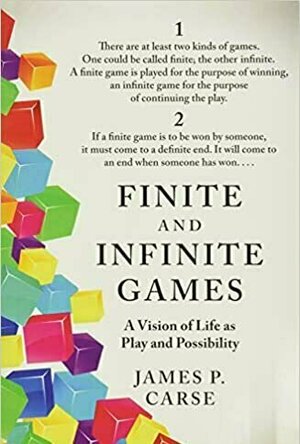
Finite and Infinite Games
Book
“There are at least two kinds of games,” states James P. Carse as he begins this extraordinary...
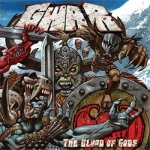
The Blood Of Gods by Gwar
Album Watch
The story of GWAR is carved across the history of this barren and hopeless planet, but GWAR...
thrash metal
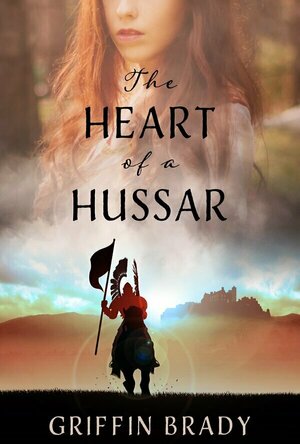
The Heart of a Hussar (The Winged Warrior #1)
Book
Poland is at war. He must choose between his lifelong ambition and his heart. Exploiting...
Historical Fiction Polish Winged Hussars
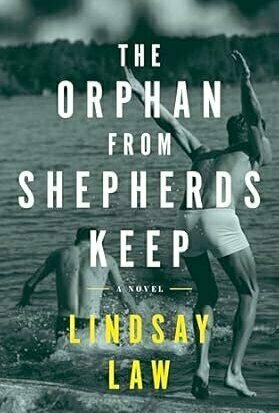
The Orphan from Shepherds Keep: Three Men, Three Intertwined Lives, One Rightful Place in Each Other's Heart - A Gay Nov
Book
Over a period of thirty years, three gay men struggle to define themselves and make their mark on a...
LGBTQ+ Coming of Age Forbidden Love Love Triangle Slow Burn Found Family
Jamie (131 KP) rated Men Explain Things to Me: And Other Essays in Books
Jul 26, 2017
The titular essay, Men Explain Things to Me, discusses the author’s experiences with men explaining things with the assumption that she couldn’t possibly know due to her gender. While I was nodding my head that yes, I have experienced this as well, there was not much else. There was little to no research into the history of why this might be or any additional insight into the topic which was really a let down, I didn’t feel like I got much out of it. I should have known that the rest of the essays in this collection would be the same but I was optimistic.
One of the better essays was In Praise of the Threat: What Marriage Equality Really Means which discussed how the fight for marriage equality, or same-sex marriage, has been redefining the traditional gendered views of marriage and I thought that this was really great. However in a later essay Solnit goes on to claim that gay marriage would never have been possible if it weren’t for feminists redefining marriage as a union between equals, which is a statement I found both bold and mildly insulting.
I also need to address a specific statement that became the basis the essay, The Longest War, which was the following:
“Violence doesn’t have a race, a class, a religion,
or a nationality, but it does have a gender.”
It is very apparent that Solnit doesn’t know a thing about intersectionality because any minority can tell you that the statement above is laughably false. Is it true, statistically, that more reported violent crimes are perpetrated by men? Yes. Do people in many societies have an issue with toxic masculinity? Yes. Does this mean, then, that violence has a gender, that it is purely a male problem? No. To say that it doesn’t have a specific race, class, religion, or nationality despite evidence to the contrary throughout history is naïve.
Solnit continues on to rant about how men are the almost exclusive source of violence and assault and how everyone should acknowledge this so we can go about finding solutions. She doesn’t go into much more depth than that or offer up much in the way of solutions herself. A large portion of the essay is just her fluffing up the piece with a literal list of vague examples which might not mean much to folks less knowledgeable about violent crimes. There are also quite a few statistics thrown in with absolutely no sources to back up the claims.
Not that I doubt the information provided, but in times where people cherry pick the news to fit their own narrative books like this become questionable. After flipping through the back of the book I eventually found a note in the acknowledgements section that Solnit chose to edit out her sources for the book version, but that they could be found on the online versions of her essays. It’s careless and lazy for an author that wants to be taken seriously.
Solnit also postulates at several points that because she has published several books that she is an authority and I found that sort of attitude to be self defeating. She talks about another author that she argued with about Virginia Woolfe and claims that she had “won” which just makes the author sound childish, and I wondered what the point of the essay was to begin with. It felt out of place for the rest of the collection and any connections she attempted to make were shaky at best.
I think that Solnit had some good ideas but the execution was extremely poor. Because she spends so much time listing examples and being over dramatic in her descriptions the actual point of discussion in her essays becomes muddled and unclear. There are far better essays out there that address the exact same topics. Men Explain Things to Me just wasn’t worth the time.
Hazel (1853 KP) rated The Good Luck of Right Now in Books
May 28, 2017
From the New York Times bestselling author of The Silver Linings Play Book comes an inspirational tale about a thirty nine year old man who has lived with his mother his whole life. The Good Luck of Right Now is about how Bartholomew Neil copes with life after the death of his mother. Bartholomew is a very awkward man who has no idea how to cope on his own and so is assigned a grief counselor, Wendy, to help him come to terms with his new situation. Due to his mother’s movie obsessions, this story is told through pretend letters written to famous Hollywood actor, Richard Gere, who is also someone Bartholomew admires greatly.
Matthew Quick’s novel entertains the reader through the mishmash of characters from a cat-obsessed man who is convinced aliens exist, to Bartholomew’s obscure friendship with a bipolar priest. As well as being entertaining this novel explores the rhythm of the universe leaving the reader questioning the credibility of fate and wondering about religion and philosophy.
The way in which Bartholomew views the world and his reasons for writing unsent letters to Richard Gere during this difficult period of his life suggest that he his somewhere on the autism scale. Quick explores mental health issues as well as this beginning with the priest with bipolar and again later in the book when Bartholomew becomes friends with a pair of siblings, Max and Elizabeth.
At times humorous and at others thoughtful, The Good Luck of Right Now is a really interesting novel to read. It is easy to understand Bartholomew’s thought processes and he is a very lovable character. One part of the story I personally did not like, however, was the amount of swearing the character Max does. Although this emphasizes Max’s mental state and is not intended to be an insult, it did get a bit tiresome reading a swear word within every sentence he spoke.
Overall this book is definitely worth the read, especially if you enjoyed The Silver Linings Play Book. In fact, The Good Luck of Right Now may even be the better book!

